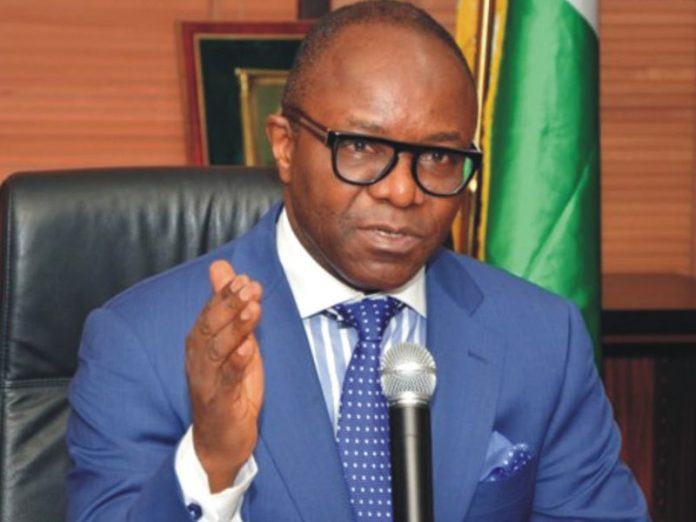Dr. Ibe Kachikwu, Minister of State for Petroleum Resources, disclosed this at the ongoing Nigerian International Petroleum Summit (NIPS) in Abuja.
The theme of the summit is “Shaping the future through efficiency and innovation”.
He said that the Federal Government had acquired the capacity to monitor vessels operating in Nigeria and that the government had observed irregularities in the movement of some of the vessels mandated to lift crude oil from Nigeria.
Kachikwu said the data observed from the activities from the movement of vessels would help determine the various loading points of the vessels, the dead weight of the vessels and the volume of crude oil lifted from the country by the vessels.
The minister noted that the tracking programme would be extended to the downstream sector to determine the volume of petrol imported into the country.
“It will also be used to know the quantity of the products brought in by each vessel, the depots, the commodities they are stored, up to the points of retail to motorists.
“For the first time, we know what we are producing in this country, as to when it is being produced, barrel to barrel, we can tell. We can see even vessels that are coming into Nigeria and their activities.
”We have seen some vessels go to a location and pick some cargoes, leave that point, go to another point pick something else and return to the first location, when they should be heading to Port Novo or the U.S.,” he said.
He further said that the ministry had partnered the Economic and Financial Crimes Commission (EFCC) to track vessels lifting crude oil from the country.
“What we are trying to do with the EFCC is to gather data and track these vessels, to determine the owners, why did they leave this point, what happened along the way, what is the dead weight of the vessels at the time they were leaving Nigeria and many more.
“So for the first time, we are going to soon be able to tell on a day-by-day basis all the activities that took place in the sector and those of the players,” he added.


